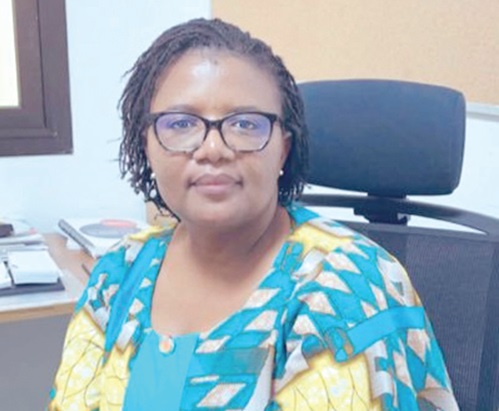Inconsistent regulation, limited funding and uneven rural incentives are some of the challenges affecting the retention of midwives in West and Central Africa (WCA).
Also, varied education standards hinder quality care across member countries, contributing to high numbers of maternal and newborn deaths.
These formed part of key findings in a UNFPA report on the state of midwifery in 22 WCA countries presented by a midwifery specialist of the UNFPA West and Central Africa Regional Office (WCARO), Hilma Shikwambi.
She made the presentation in a webinar organised by African Media Network for the Promotion of Health and the Environment (REMAPSEN) as part of activities to commemorate International Day of the Midwife which is observed on May 5, of every year.
International Day of the Midwife is an annual event that celebrates midwives and their vital role in ensuring safe childbirth and maternal care.
Midwives provide comprehensive care during pregnancy, childbirth and the postpartum period, offering support, education and medical expertise.
The report, among others, also analysed midwifery workforce distribution, education, regulation, service delivery, key barriers, and explored strategies for enhancing education, training and midwifery retention.
Capacity
Ms Shikwambi said in terms of capacity for high-quality midwifery education in the WCA region, 15 countries offered direct entry into midwifery education, while only eight countries were able to offer post-registered nurse completion.
She said in many countries, people were expected to be trained as nurses after which they could go on to specialise in midwifery.
“We have five countries where the course of nursing and midwifery is integrated, while 11 countries offer bachelor's degree in midwifery.
“We have also seen at least nine of the countries in our region offering master's degree in midwifery, and two countries offering doctoral degrees in midwifery,” Ms Shikwambi added.
Furthermore, she said the report identified that one country in the WCA region was not offering midwifery education at all.
Ms Shikwambi said in terms of midwifery policy, regulations and scope of practice, of the 22 countries in the region that were studied, 14 had a master list of accredited education which was available for the public, meaning, in those countries, people who wished to become midwives could publicly access the institutions that were accredited.
And out of the 22 countries, 21 had midwives who were authorised to provide all modern contraception.
Recommendations
Ms Shikwambi mentioned the recommendations of the report to include the need to invest in standardised, competency-based midwifery education, and also ensure ongoing professional development was mandated to guarantee quality care across West and Central Africa.
Other speakers in the webinar were the Minister of Health of Burkina Faso, Dr Robert Lucien Jean Claude Kargougou; UNFPA Regional Director for West and Central Africa, Dr Sennen Hounton, and the Director of Reproductive Health at the Ministry of Public Health and Prevention of Chad, Dr Khadjidja Ahmat Abgrene.

